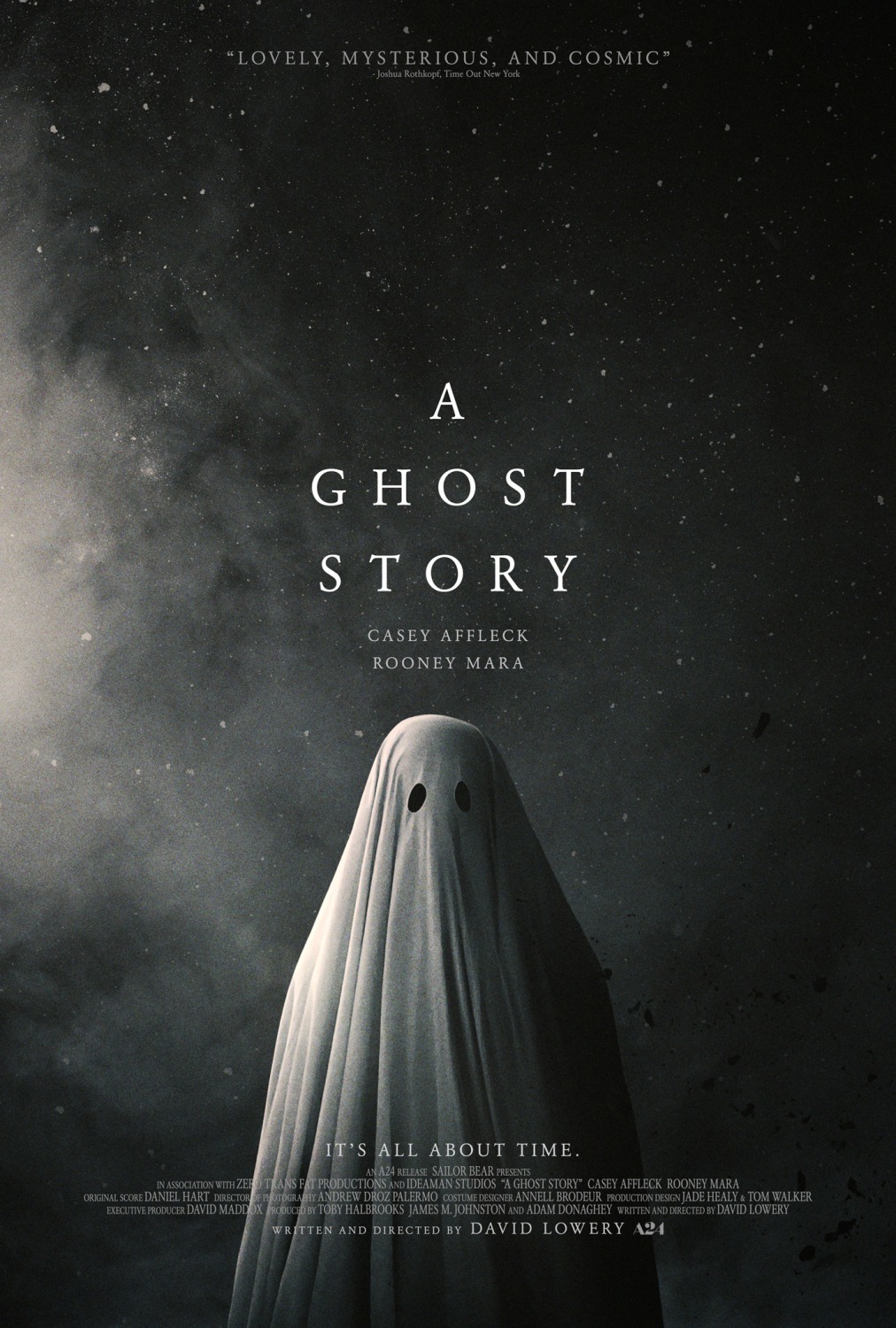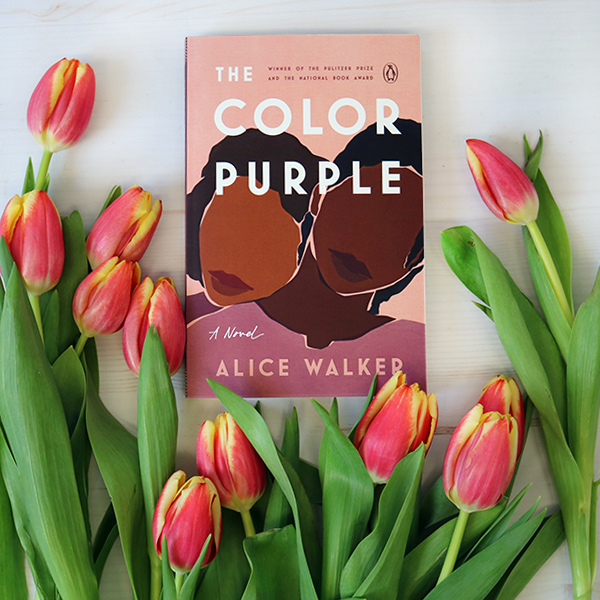After more than six years of disputing with his record label, Chicago rapper Lupe Fiasco is finally independent.
His sixth studio album, DROGAS Light, launched Feb. 10 as his first solo project. Lupe clawed his way out of his contract with Atlantic Records after numerous disputes over musical content and scheduled release dates. Even without overbearing and forceful guidance, Lupe is releasing more of the same, for better or worse.
Conflict arose between Lupe and the label around 2010 when his third album, Lasers, struggled to become a finalized product and struggled even further to get a release date from Atlantic.
According to the 34-year-old rapper, the label tried to influence his music style, urging him to let go of his quick-witted lyrical flow for something that might be more popular for a casual listener.
In other words, Atlantic wanted radio hits. Fast forward seven years or so and it seems like Lupe is after radio hits of his own.
With the exception of Lasers, Lupe’s discography tends to comment on life in America’s inner cities. DROGAS Light is a combination of this social commentary and the same radio-style songs that Lupe fought so hard to stay away from.
The album begins with an intro called “Dopamine Lit.” The track sounds like a mix between a shrill Chicago rap beat and Beyoncé’s “Formation.” It begins with a nonsense string of popular words that other rappers love to use, which seemingly sets the tone for a tongue-in-cheek style album that Lupe has executed so well in the past.
It doesn’t.
The next three tracks, “NGL,” “Promise” and “Made in the U.S.A,” diverge from the mocking style of “Dopamine Lit.” Instead, they all sound like half-hearted attempts at the trap music he was just poking fun at.
Lupe returns to his signature narrative-telling track with “Jump,” albeit a sci-fi one. The song details an encounter with a female gangbanger who enlists Lupe’s help to write raps and become a star. Somehow the two wind up abducted by aliens in space. Despite the spacely plot, it’s one of the strongest songs on the album.
Another mediocre track is “City of the Year.” While the song praises Lupe’s hometown, he certainly doesn’t sound passionate about it. Kanye West’s “Homecoming” is a much better ode to the windy city.
The interlude is somehow the best song on the record, as long as you can stand the squeaky, auto-tuned voice of Simon Sayz. The track, titled “High,” is the only time Lupe’s lyrical excellence truly shines as he raps about his lyrical excellence.
“Tranquillo” features an interesting juxtaposition of a deep trap beat and lyrics that highlight self-worth and the appreciation of friends. Nevermind that it’s Spanish for calm, or it would be if it were spelled properly.
Though the track name doesn’t convey the feel, “Kill” is another soothing song about wasting (or killing) money in a strip club on a Saturday night. Here, we finally see Lupe make fun of an aspect of hip-hop culture. The last minute of the song switches into a gospel describing the clubgoers’ attempts at repentance in church the morning after.
“Law” is a ballad dedicated to being loyal in a relationship. Again, Lupe doesn’t sound passionate about it, leaving it to fall flatly in the realm of mediocrity.
The next three songs (“Pick up the Phone,” “It’s Not Design” and “Wild Child”) are straight pop hits that appeal to a certain audience, but not Lupe’s standard crowd.
The album’s kicker is a song devoted to the importance of loving your mother, “More Than My Heart.” Lupe runs through a ton of reasons to love your mama no matter what, but it’s not catchy and doesn’t mesh with the rest of the album.
Overall, the album lacks clarity and focus. His excuse for all of this is that, as an artist, he has two forms. One who produces conceptual, deep lyrics and another who can churn out these “easy” pop tracks, hence the name DROGAS Light. Lupe claims that the sequel album, titled only “DROGAS,” will feature the style he’s better known for.
Through his Twitter account, he also revealed that DROGAS Light’s content is an amalgamation of old tracks that didn’t fit into previous albums, which explains why the album lacks any discernible continuity.
Lupe’s first solo album is a poorly-timed compromise on his moral integrity. With DROGAS Light, he merged his social commentary album concept with a spattering of songs begging to join the Billboard Hot 100.
For Lupe to release an independent album rife with the type of songs that Atlantic tried so hard to get him to release in the first place is a slap in the face to his loyal fans. Still, there a few tracks that stand out, but it’s hard to recommend sitting through the entire disjointed collection.
DROGAS Light isn’t Lupe’s most powerful album. Instead, it’s evidence that Lupe could still use a little extra supervision.
Rating: 
The Crow’s Nest rates albums between one and five stars, with five stars being the highest possible score.



